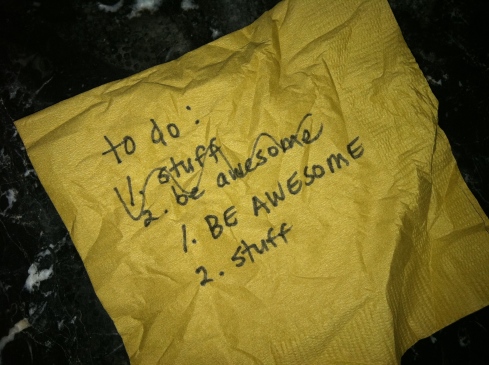“Wabi Sabi is a way of life that appreciates and accepts complexity while at the same time values simplicity. It nurtures all that is authentic by acknowledging three simple realities: nothing lasts, nothing is finished, and nothing is perfect. To accept these realities is to accept contentment as the maturation of happiness, and to acknowledge that clarity and grace can be found in genuine unvarnished existence.” ~ Richard R. Powell, Author-Wabi Sabi Simple
Let’s break it down.
Wabi is the quality of simplicity and naturalism.
Sabi means things whose beauty stems from age. As things become more used and weathered, they become more beautiful.
Wabi-sabi celebrates transience and imperfection.
Wabi-sabi does not resist the simple realities that, “nothing lasts, nothing is finished and nothing is perfect.” This aesthetic does not strive for perfection or endlessly attempt to change or manipulate these ideas. So if we adopt these ancient Japanese principles, we must shift our perspectives.
Anxieties about not knowing if something will last forever may subside with the acknowledgment that nothing is permanent.
Energy spent on trying to control and prevent change and growth will be reserved by embracing the reality that nothing is finished.
Desperation to claim perfection may fall away by seeing perfection in imperfection.
Life is filled with the unexpected – both exciting and challenging. We cannot avoid this but what we can do is have some control over how we experience things and how we move through the world. I offer you the challenge of integrating wabi-sabi into your life and into your view of the world. Notice what shifts for you internally and externally.
Now go, show off the patina on your collar and celebrate your imperfections! You are stunning!


